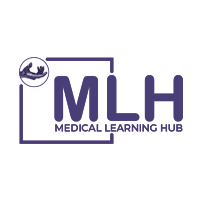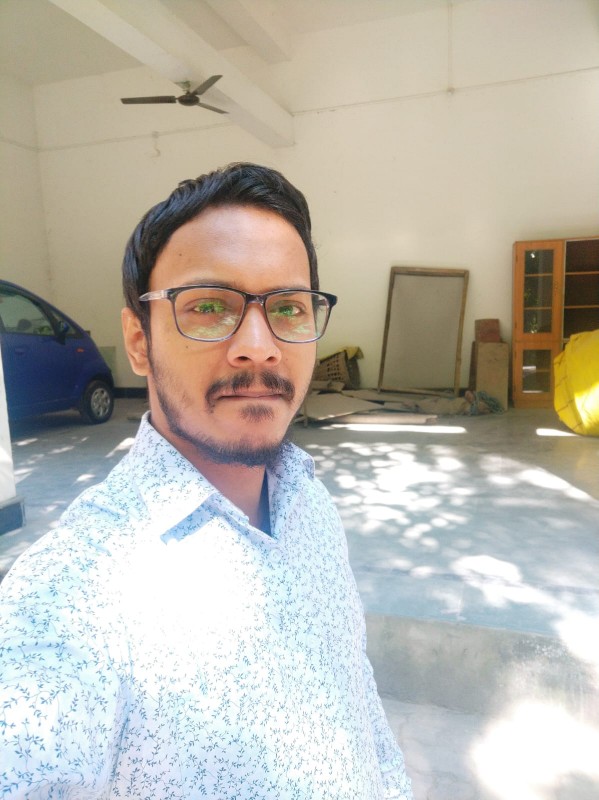Welcome Note: Dr. Ravinder Yadav from Medical Learning Hub welcomed the esteemed speaker Dr. Salil Bhargava and Dr. Prem Nyati along with the participants.
Module 1: Understanding the impact of AMR in pulmonary conditions: Dr Salil Bhargava, Professor of Respiratory Medicine, Amaltas Institute of medical sciences, Deawas Key Points covered in the session were:
AMR Threat: Antimicrobial resistance makes infections harder to treat, causing 1.2 million deaths yearly, with projections of 10 million by 2050.
Case Example: Vanessa Carter developed MRSA pneumonia post-surgery, showing how delayed diagnosis and ineffective antibiotics worsen outcomes.
AMR Resistance Mechanisms: Bacteria evade drugs via enzyme production, efflux pumps, gene transfer, and biofilms, accelerating resistance spread.
High-Risk Pathogens: MRSA, Pseudomonas, Klebsiella, MDR-TB, and carbapenem-resistant bacteria dominate respiratory AMR challenges.
Impact on Respiratory Diseases: COPD, bronchiectasis, and pneumonia face rising AMR due to frequent antibiotic use and hospital-acquired infections.
Solutions and Future Directions: Stewardship programs, rapid diagnostics, new antibiotics, and global cooperation are critical to combat AMR.
Module 2 : Pharmacological Strategies Against Antimicrobial Resistance in Pulmonary Infections: Dr Prem Nyati, Adjunct Professor of Pharmacology, Index Medical college, Indore, Key Points covered in the session were:
AMR Crisis: Overuse of antibiotics has created drug-resistant superbugs like MRSA, Pseudomonas, and MDR-TB, making lung infections harder to treat.
How Resistance Happens: Bacteria evade drugs by producing enzymes, altering drug targets, or sharing resistance genes.
Impact: Leads to treatment failures, higher deaths, longer hospital stays, and increased costs.
Current Solutions:
- Stewardship: Smart antibiotic use (right drug, dose, duration).
- WHO’s AWaRe: Classifies antibiotics (Access, Watch, Reserve) to guide proper use.
- Combination Therapy: For severe infections to reduce resistance risk.
- Match antibiotics to infection type (empirical vs. definitive therapy).
- Consider patient factors (age, immunity, allergies).
- Use inhaled antibiotics for COPD/bronchiectasis.
Future Hope: New drugs (e.g., bedaquiline), phage therapy, CRISPR, and vaccines to fight resistance.
Call to Action: Global efforts—better diagnostics, policies, and awareness—are needed to save
Q&A Session: Participants actively engaged in a Q&A session moderated by Dr. Ravinder Yadav , where ,Dr. Salil Bhargava and Dr. Prem Nyati, addressed queries and shared expert insights.
Closing Remarks: Dr.Ravinder Yadav concluded the session with a vote of thanks, appreciating the speaker and participants for their valuable contributions.
We wish you a great learning experience!
Theme: Addressing Antimicrobial Resistance in Pulmonology: Current Challenges and Future Directions.
- Session 1: Understanding the impact of AMR in pulmonary conditions: Dr Salil Bhargava, Professor of Respiratory Medicine, Amaltas Institute of medical sciences, Deawas
- Session 2 : Pharmacological Strategies Against Antimicrobial Resistance in Pulmonary Infections: Dr Prem Nyati, Adjunct Professor of Pharmacology, Index Medical college, Indore
- Q&A Session: (10 min)
- Vote of Thanks : (5 mins)
- Consultant
- Family medicine
- Pediatricians
- ENTs
- GPs
- ID specialist









